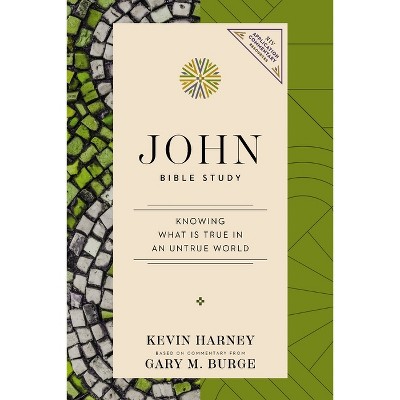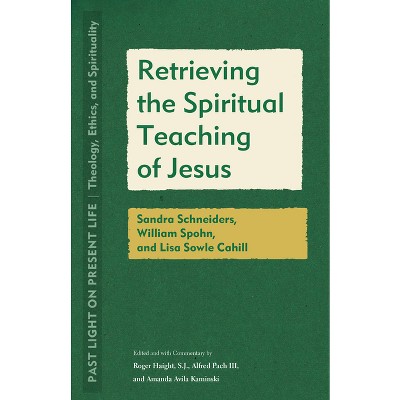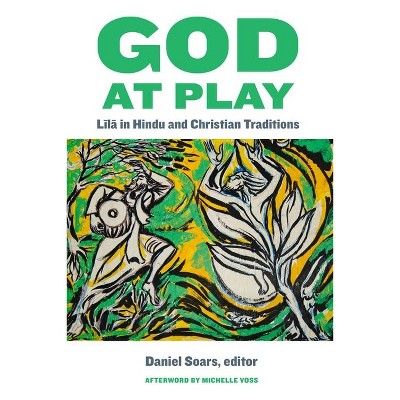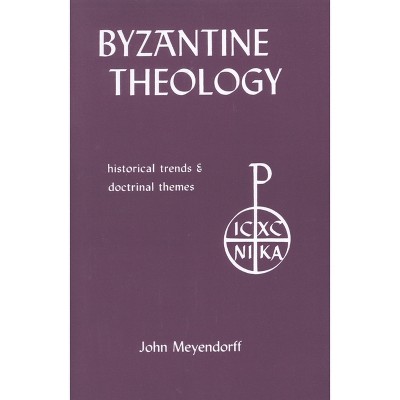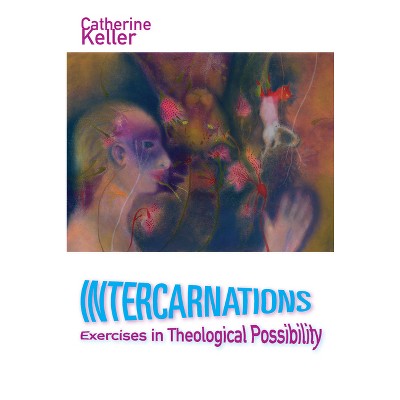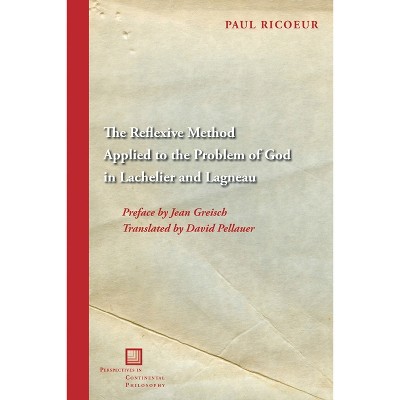Sponsored

Teaching Bodies - by Mark D Jordan (Paperback)
In Stock
Sponsored
About this item
Highlights
- In Teaching Bodies, leading scholar of Christian thought Mark D. Jordan offers an original reading of the Summa of Theology of Thomas Aquinas.
- About the Author: Mark D. Jordan is Andrew W. Mellon Professor of Christian Thought at Harvard Divinity School.
- 224 Pages
- Religion + Beliefs, Theology
Description
About the Book
This book is an interpretation of the moral teaching of Thomas Aquinas's Summa of Theology. It argues that teaching on the virtues can only be understood by turning to the patterns of divine teaching in the incarnation and the sacraments. It presents this not only as Thomas's great originality in the Summa but also as his contribution to Christian thought in the present.Book Synopsis
In Teaching Bodies, leading scholar of Christian thought Mark D. Jordan offers an original reading of the Summa of Theology of Thomas Aquinas. Reading backward, Jordan interprets the main parts of the Summa, starting from the conclusion, to reveal how Thomas teaches morals by directing attention to the way God teaches morals, namely through embodied scenes: the incarnation, the gospels, and the sacraments. It is Thomas's confidence in bodily scenes of instruction that explains the often overlooked structure of the middle part of the Summa, which begins and ends with Christian revisions of classical exhortations of the human body as a pathway to the best human life. Among other things, Jordan argues, this explains Thomas's interest in the stages of law and the limits of virtue as the engine of human life.
Rather than offer a synthesis of Thomistic ethics, Jordan insists that we read Thomas as theology to discover the unification of Christian wisdom in a pattern of ongoing moral formation. Jordan supplements his close readings of the Summa with reflections on Thomas's place in the history of Christian moral teaching--and thushis relevance for teaching and writing in the present. What remains a puzzle is why Thomas chose to stage this incarnational moral teaching within the then-new genres of university disputation--the genres we think of as "Scholastic." Yet here again the structure of the Summa provides an answer. In Jordan's deft analysis, Thomas's minimalist refusal to tell a new story except by juxtaposing selections from inherited philosophical and theological traditions is his way of opening room for God's continuing narration in the development of the human soul. The task of writing theology, as Thomas understands it, is to open a path through the inherited languages of classical thought so that divine pedagogy can have its effect on the reader. As such, the task of the Summa, in Mark Jordan's hands, is a crucial and powerful way to articulate Christian morals today.
Review Quotes
Integrity, proportion, clarity--the qualities that have always informed Jordan's writing about Thomas--are beautifully present in Teaching Bodies. The work is a significant contribution to the reading and interpretation of the medieval theologian.---Robert Miner, Baylor University
This book is beautifully written. It has a lyrical quality. The text is personal and interpersonal, which suits its purpose well.---Diana Fritz Cates, The University of Iowa
Aquinas never finished Summa 3, of course. He had his famous vision, or so the hagiographers tell us, and stopped writing: "All I have written seems as straw to me." In its abandonment as in its arguments, the Summa points beyond itself to God. Jordan points us to both.-- "Christian Century"
In the Summa theologiae, Jordan claims, Thomas intends not an innovative interpretation of Christian doctrine--though Thomas can be quite innovative in his interpretations--but rather an innovative pedagogy for communicating the traditional teaching of the Church. Jordan likewise is not so much interested in offering a new reading of Aquinas as he is in offering a new way of reading Aquinas.-- "Modern Theology"
About the Author
Mark D. Jordan is Andrew W. Mellon Professor of Christian Thought at Harvard Divinity School. He is the author and editor of numerous books, including, most recently, Convulsing Bodies: Religion and Resistance in Foucault and Recruiting Young Love: How Christians Talk about Homosexuality.
Shipping details
Return details
Frequently bought together
Trending Non-Fiction


